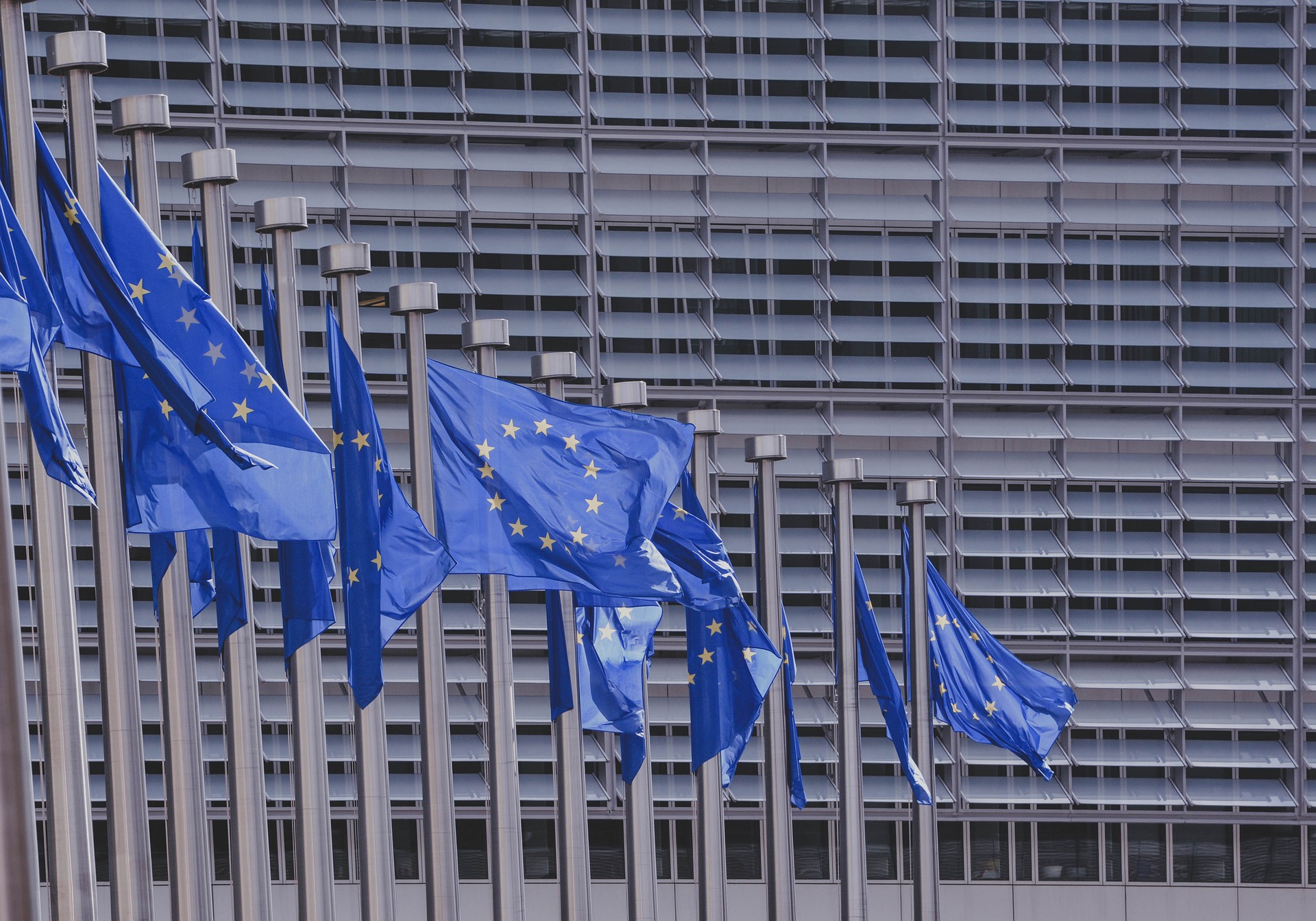The EU crowdfunding market remained underdeveloped compared with other major world economies. For many years, one of the biggest hurdles faced by crowdfunding platforms seeking to offer their services across borders was the lack of common rules and diverging licensing requirements across the European Union.
The European Council approved the uniform pan-European crowdfunding regulation (Regulation EU 2020/1503, ECSP Regulation) on October 7, 2020, and it came into force in November 2021. The new EU crowdfunding directive replaced the currently fragmented national crowdfunding rules with harmonized and directly applicable rules, thus creating a potentially huge single European crowdfunding market.
All European crowdfunding service providers must pass the licensing process and submit themselves under the supervision of the local Financial Supervisory Authority. In return, the locally issued crowdfunding license is easily passportable to other EU member states, allowing aspiring crowdfunding platforms to proliferate and provide services across all EU member states. The transitional period for the previously operating crowdfunding service providers ended in November 2023.
Essential requirements for the Crowdfunding Service Providers
The ECSP Regulation focuses on investor protection and thus requires crowdfunding service providers to act in the best interests of investors.
Crowdfunding service providers must implement a wide array of well-documented business processes, including client complaint-handling procedures, due diligence procedures, risk assessment procedures, and risk management procedures. To ensure the crowdfunding service providers’ activities are sustainable in the long term, there are requirements for organizational structure, business process outsourcing, business continuity plans, etc.
All crowdfunding service providers must implement investor knowledge tests to ensure their services suit non-sophisticated investors. Investors will also have a 4-day reflection period, enabling them to withdraw from their investment order without sanctions.
All crowdfunding service providers operating with client accounts and wallets must obtain an additional European Payment Institution license or outsource all their payment services to third-party payment institutions.
Essential requirements for the Project Owners
The ESCP Regulation defines specific rules for the Project Owners as well. Project Owners are expected to have an impeccable business track record, no criminal record and no infringements of commercial, insolvency, anti-money laundering and financial regulations.
The Project Owners must provide prospective investors with a highly standardized fact sheet, the Key Investment Information Sheet (KIIS). The KIIS will include a description of the crowdfunding project, information about the Project Owner, investment risks, etc.
Essential requirements for the Investors
According to the ECSP Regulation, all non-sophisticated investors must pass a knowledge test to ensure they understand the specifics of crowdfunding. Investors are required to pass the test at least once every two years.
Sophisticated investors are not required to take the test as long as they know the risks of investing in crowdfunded projects.
European real estate crowdfunding market
When the ECSP Regulation came into force, there were close to 200 more or less active real estate crowdfunding service providers in European Union member states. As the implementation of the ECSP Regulation requires significant financial and organizational capability, the number of European real estate crowdfunding decreased massively in November 2023, with just about 20% of the previous platforms remaining operational.
Summary
- The ECSP Regulation has affected all crowdfunding platforms operating in the EU member states, forcing them to adjust their operations to the requirements of the new regulation and take the ECSP license;
- The number of crowdfunding service providers has decreased, with only the fittest and most agile platforms surviving. The remaining platforms will expand across the European Union, providing their investors with a more extensive variety of projects;
- ECSP Regulation is forcing the platforms to act only in the best interests of their investors, ensuring maximum transparency of the projects and thus reducing the riskiness of investing in crowdfunded investment projects;
- The standardized Key Investment Information Sheet (KIIS) provides investors with a mandatory set of information necessary for making a diligent investment decision and making the projects published on different crowdfunding platforms comparable.
- All non-sophisticated investors must take the knowledge test to ensure they do not make investments that do not match their knowledge and risk appetite.


